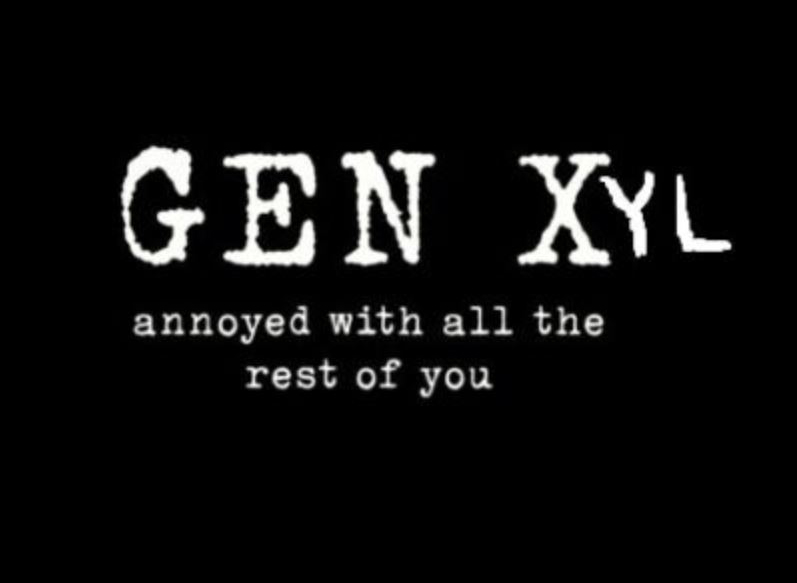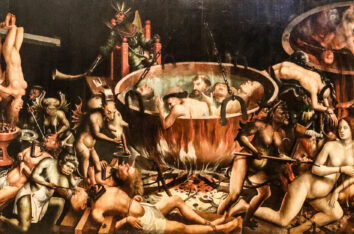I concluded my last post by asking some questions that I’d like to unpack here:
So given this overarching rubric of Exile and Empire, what familiar terms belong where? Where does church belong? What about kingdom? Into which category should we place ideas like dogma, heresy, canon, and essentials/non-essentials? And what about grace, weakness, and the folly of the cross? Where do they fit? And does it matter which lexicon we draw from?
Here’s what I am getting at: The Lexicon of Empire contains certain terms and concepts native to that paradigm, as does the Lexicon of Exile. Now there’s nothing wrong, I suppose, with taking a concept from one paradigm and employing it elsewhere, just like there’s nothing wrong with uprooting a flower from its native ecosystem and planting it somewhere else.
But to quote Run-D.M.C., it’s tricky.
You see, things grow where they grow for a reason. In the same way that uprooting a plant or flower from its native ecosystem and seeking to make it thrive elsewhere is a hit-or-miss endeavor, so with concepts and ideas. Sometimes it kinda works, but often it does not (especially if we are aware of the idea’s natural habitat where it first originated).
Let’s take an example from one of the terms I suggested above: Heresy.
“Heresy” is a word that most people understand to mean “wrong doctrine” or “incorrect theology.” Let’s grant that definition but then ask, “Incorrect according to whom or what?” The immediate answer, of course, will be “Incorrect according to the Bible.” Well, okay. But the Bible isn’t self-interpreting — it needs to be interpreted by its reader(s). And in order for a concept like “heresy” to have any real teeth there needs to be some official interpretation of the doctrinal issue in question, otherwise “heresy” simply amounts to “your opinion about this verse differs from mine” (big whoop). And a grandiose idea like “The official interpretation of [concept X] is [theological formulation Y]” belongs not to the paradigm of Exile, but clearly to that of Empire.
Another example: The folly of the cross.
Paul uses this phrase when he speaks of “the preaching of the cross [being] foolishness” to those unfamiliar with it (I Cor. 1:18, 23). What type of soil is a flower like this most likely to thrive in? I would suggest that when we see clearly that the cross is a symbol of weakness and folly (as opposed to a show of power and might), and when we understand that whatever “kingdom” is associated with a crucified and condemned criminal is an ironic upside-down one, then it becomes obvious where this idea is most at-home: The paradigm of Exile.
As I stated above, it’s not against the law for someone to borrow an idea or concept from a lexicon that isn’t technically theirs, but such usages often don’t stand up to scrutiny. I mean, a person from some random evangelical Bible church can scream “Heresy!” as easily as someone can try to grow strawberries in winter using a heat lamp, but we all know the result will be a bit awkward.
I would suggest that the sooner we can “situate” ourselves in whatever context we are actually in, the greater will be the freedom that we enjoy from it.
More to come….



